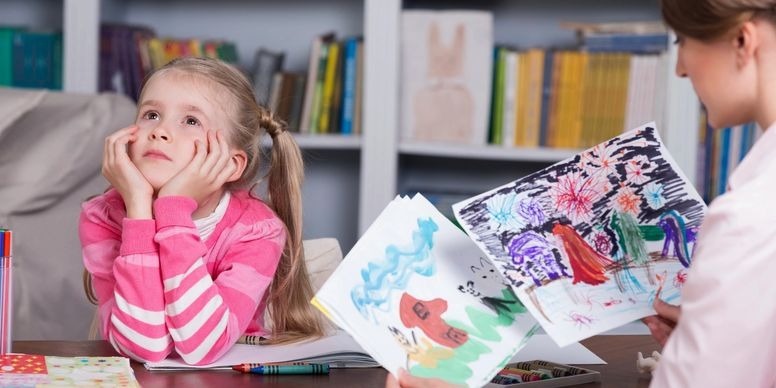
Children spend most of their time with their parents or caregivers. For this reason, it is imperative that parents and caregivers receive appropriate parent guidelines, to help support the progress attained by the therapist. It is not enough to have the therapist work with the child. You as the parents, know your child the best, so it is important for you as well to understand your child's goals, and how to efficiently intervene, so that your child will improve his or her behavior, not only with the therapist, but also with you. For this reason, the therapist will take time during sessions to train you, as parents or caregivers, in all the interventions that are currently being used for your child. This will ensure maintenance and generalization within your own household and the community, so that you can see good progress from your child, even when the therapist is not present. In addition, this ensures that your child's newly learned behavior will continue to improve, during the program, and after your child has achieved all the goals, and is eventually discharged. ABT emphasizes the ultimate complete independence of each client.
Most children and adolescents with autism have difficulty understanding and using social skills. They do not naturally learn to respond to social cues. Because we often expect even typically developing children to naturally learn to respond to social cues, we rarely stop and think about how to teach social skills to children with autism. Social skills include everything from joint attention and greetings to understanding the theory of mind feelings, hidden curriculum. Social skills also teach basic social rules (e.g., how to be polite) and general social/behavioral expectations at home, in school, at recess, etc. These skills will have a large impact on a person's life. Social skills, or the lack thereof, can affect the ability of a person with autism to make and maintain friendships, participate in classrooms, get jobs, etc


Autism Behavior Therapies behavior intervention plans are designed and structured to identify the underlying reason why a certain behavior is occurring and introduce strategies to target the reduction of that behavior. Throughout this process, we are also working with the client and parent/caregiver/staff to increase the alternative, appropriate behaviors. All our interventions are based on the findings from our Functional Behavioral Assessment process.
All behavior is a form of communication. However, Functional Communication Training, or FCT, aims to replace disruptive or unconventional behavior with more appropriate forms of communication. Although our ultimate goal is to help the client communicate effectively in a socially acceptable manner. Our professionals recognize several important steps to get them there. For example, if the client takes items out of others' hands to indicate they want something, our ABT team professionals may work to replace that behavior with a different form of non-verbal communication, such as pointing.


Children and adolescents with (ASDs) may need help with independent living skills, the ability to care for themselves at home, school, work, in the community and in other settings. Just as there are different expectations for people who are not on the autism spectrum based on chronological and developmental age, expectations for those with (ASD) also vary. Applied Behavior Analysis (ABA) therapy focuses on several elementary basic life skills. These include toileting, feeding, dressing oneself, and basic hygiene. As a child or adult with an Autism Spectrum Disorder (ASD) becomes more independent, the independent living component of an autism treatment program is often expanded to include cleaning up messes, snack/meal preparation, independent transitions between locations, executive functioning skills, etc.
Children with (ASD) enjoy playing, but they can find some types of play difficult. It's common for them to have very limited play, play with only a few toys, or play in a repetitive way. For example, your child might like spinning the wheels on a car and watching the wheels rotate, or might complete a puzzle in the same order every time. Because ASD affects the development of important play skills, our ABA program will provide interventions to develop such as: Imitate simple actions Explore the environment Share objects and attention with others Understand what other people are thinking and feeling Respond to others Take turns, etc.
